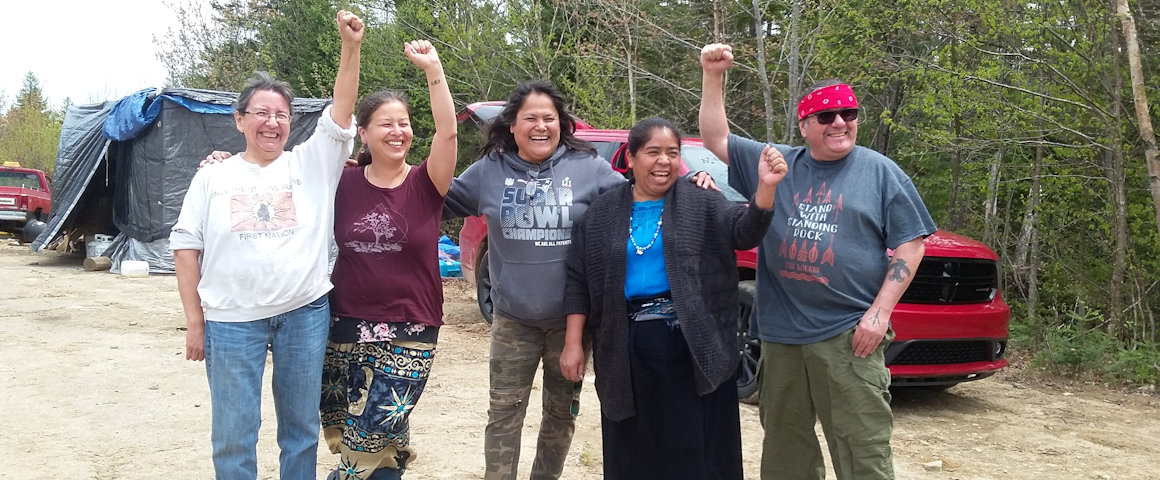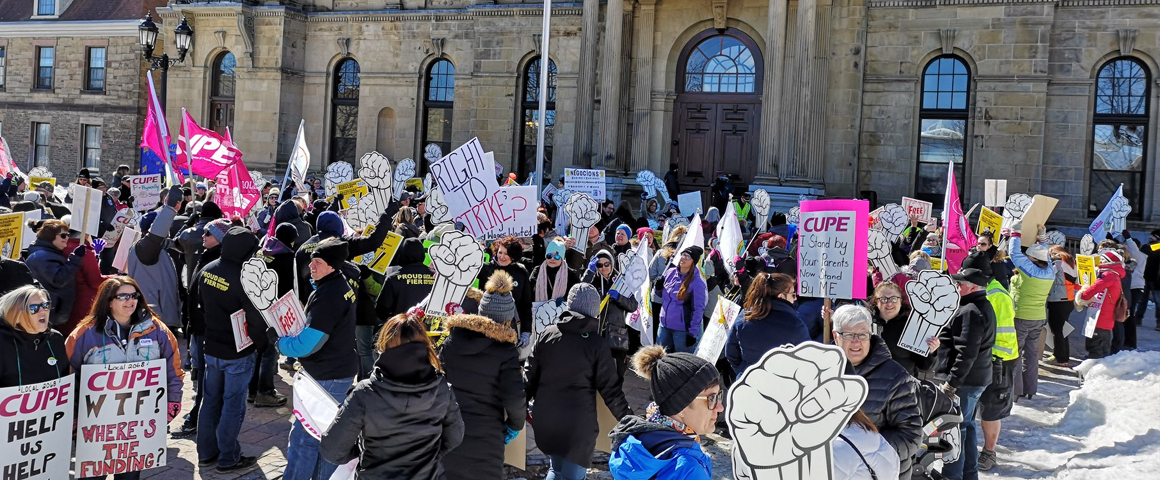The rise of the Greens and the right-wing People’s Alliance party has resulted in a minority provincial government in New Brunswick.
After the September 24 election, the two main parties, the Progressive Conservatives and the Liberals, are in a virtual tie, and two smaller parties hold the balance of power. This is the first time since 1920 that a provincial election in New Brunswick has not resulted in either a Liberal or a Conservative majority.
The distribution of seats in the 49 seat provincial legislature is now: Conservative 22, Liberal 21, People’s Alliance 3, Green 3. Although it trails the Conservatives by one seat, the incumbent Liberal government has refused to resign, citing parliamentary precedent that it can continue in office until it loses a confidence vote in the House.
Such a loss will be hard to avoid since People’s Alliance leader Kris Austin has stated clearly that his party would vote with the Conservatives if they try to bring down the Liberals.
Liberal leader Brian Gallant has recalled the legislature for October 23, and will seek its confidence. Should the Conservatives topple Gallant, there will be either a new election, or a Conservative government whose position will be almost as uncomfortable as his. After appointing a non-voting house Speaker from their ranks, the Conservatives would only be guaranteed of tie votes, even if the People’s Alliance stays on their side.
The People’s Alliance says they will vote for Conservative bills “within reason” for 18 months.
The Greens might vote with a Conservative government in order to avoid a new election. However, keeping the Greens and the People’s Alliance happy simultaneously would be difficult for a Conservative government, as the two small parties have conflicting agendas.
The People’s Alliance is an Anglophone populist party which wants to backtrack on the policies of official bilingualism which the major parties have maintained since the days of Liberal premier Louis Robichaud (1960-1970). They appear to favour the small woodlot owners over the Irvings and the forestry multinationals, but they oppose the carbon tax. The Alliance won in English-speaking farm country just north and east of Fredericton, and in Mirimachi, where there is a concentration of English speakers in a generally Acadian part of the province.
The Greens campaign as climate-change fighters, and would undoubtedly make positive steps in that area. However, they are unwilling to contemplate the radical shift away from capitalist economics that is necessary to really solve the problem. In New Brunswick they are slightly to the left of the Liberals on issues such as the minimum wage, tenants’ rights, and health care.
Many young progressive folks have been attracted to the ranks of the Greens, who won two seats in ridings with universities (UNB/STU in Fredericton South, and Mount Allison in Memramcook-Tantramar).
Support for the major parties polarised on lines of language and geography, with the Liberals taking the Acadian Francophone areas of the north and east, while the Conservatives dominated in the English-speaking south-western half of the province.
Although they gained one seat, the Conservatives actually lost popular support. falling to 31.9 percent, compared to 34.6 percent last time.
The Liberals dropped six seats and fell to 37.8 from 42.7 per cent.
The Greens doubled their vote, going to 11.9 from 6.6 per cent.
The big gainer was the People’s Alliance which won its first seats ever and increased its vote to 12.6 percent from 2.1 percent. Its leader, Austin, is a charismatic young Baptist minister from Minto who co-founded the party in 2010.
The NDP did even worse than usual, falling to 5.0 from 13.0 percent of the vote. For the preceding four decades it had fairly consistently polled about ten percent; through the 1990s and until 2005, NDP leader Elizabeth Weir played a somewhat heroic role as the lone left-of-centre voice in the legislature, winning a Saint John riding four times in a row.

Since then the NDP has not had a seat. Before the current Jennifer McKenzie, the New Brunswick NDP was led by Dominic Cardy, who had previously been country director for the U.S. based National Democratic Institute for International Affairs (NDI) in Nepal, Bangladesh, and Cambodia. NDI is a U.S. state-funded organisation whose purpose is to interfere in the politics of other countries to prevent them from adopting socialist policies or nationalist positions that resist U.S. economic and cultural domination.
After six years as New Brunswick leader, Cardy was ousted from the NDP in 2017 because of disaffection with the rightward direction of his leadership. In a move exemplifying the rank opportunism in social democracy, he promptly got a job as chief of staff for the Conservatives beginning in April 2017, and won the seat of Fredericton West-Hanwell for them in this election.
Before the People’s Alliance, populist parties have had electoral success in New Brunswick just twice. In 1920, the United Farmers won nine seats and the Farmer-Labour party two. Then in 1991 the Confederation of Regions (COR) party won eight.
The COR win was anomalous: the party was essentially a parking spot for Conservative voters who fled that party after the Richard Hatfield marijuana scandal. The success of the People’s Alliance is not based on such a transient phenomenon, and may be longer lasting.
In this election, the Conservatives made opposition to the Trudeau carbon tax a major platform point, saying that like Conservative governments in other provinces, they will fight it in court. The Conservatives would also lift the moratorium on fracking, which the Gallant government put in place.
However, they have expressed opposition to a proposed gigantic tungsten mine at Sisson Brook, which the Liberals favour.

The Conservatives are led by Blaine Higgs, a former Irving Oil company executive. He once ran for the leadership of the COR, and in 1985 he wrote an 11-page submission to the Advisory Committee on Official Languages of New Brunswick in which he condemned official bilingualism. However, he has since learned French and now says he fully supports bilingualism.




